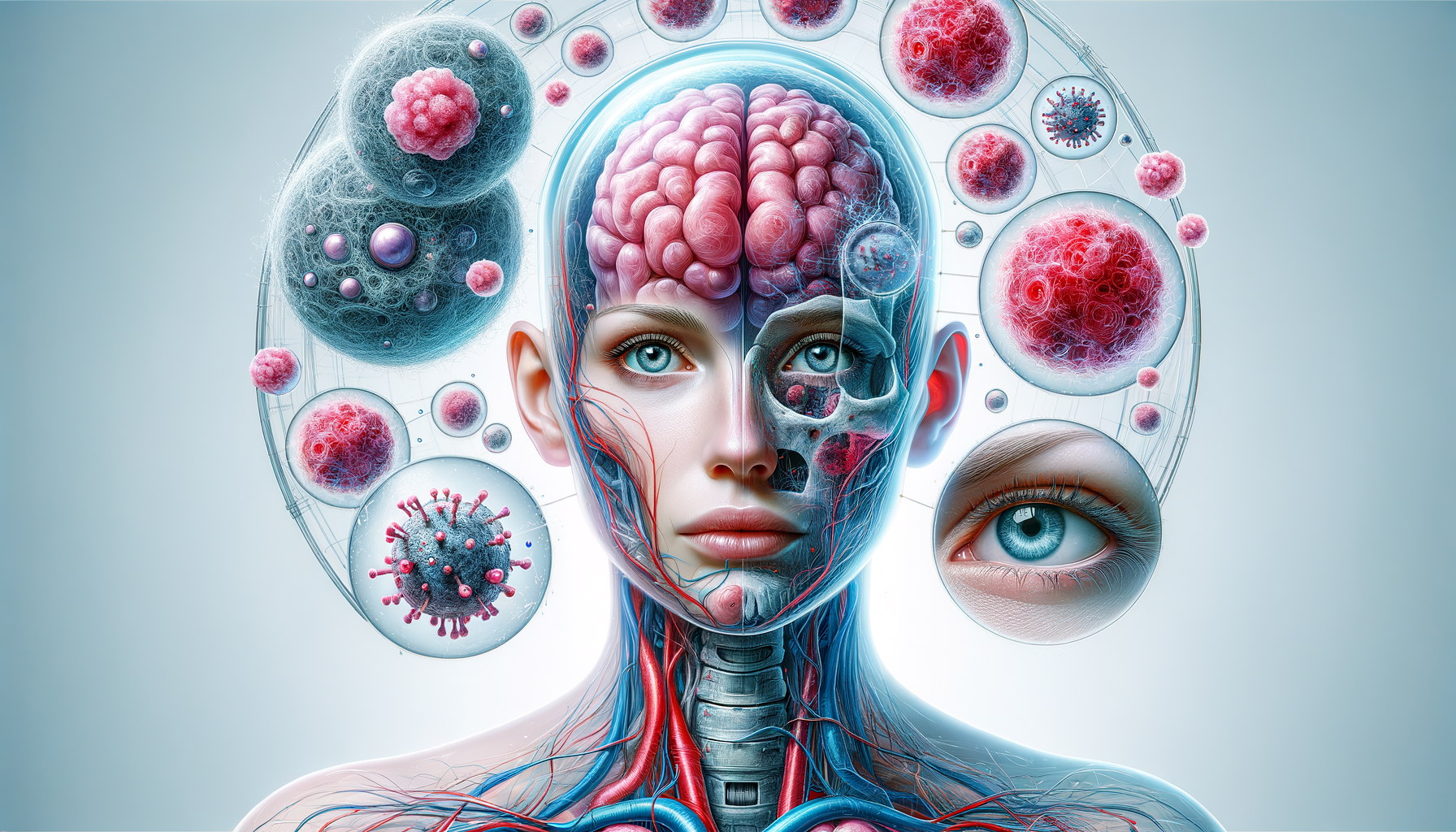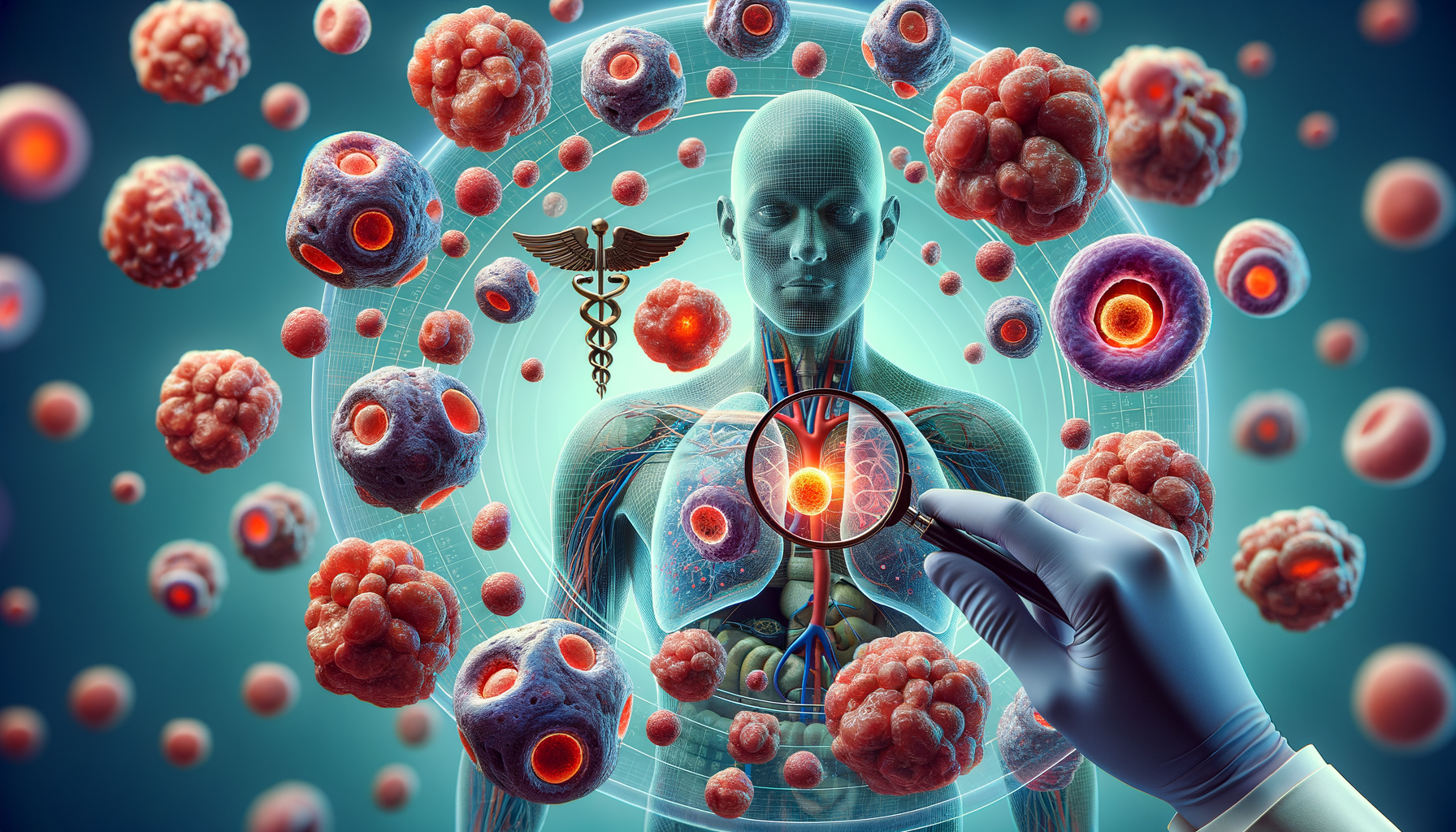Understanding Erectile Dysfunction
Erectile dysfunction (ED) is a common condition that affects many men worldwide, characterized by the inability to achieve or maintain an erection sufficient for satisfactory sexual performance. While occasional difficulty with erections is not uncommon, persistent ED can impact self-esteem, relationships, and overall quality of life. Causes of ED can be complex, involving both physical and psychological factors. Common physical causes include cardiovascular disease, diabetes, and hormonal imbalances, while psychological factors can include stress, anxiety, and depression. Understanding these underlying causes is essential in determining the most effective treatment approach.
Pharmaceutical Treatments
Pharmaceutical treatments are often the first line of defense against ED. These medications, known as PDE5 inhibitors, work by increasing blood flow to the penis, thereby facilitating an erection. Some of the well-known options include sildenafil and tadalafil. These drugs have been proven effective for many men, but they are not suitable for everyone, particularly those with certain heart conditions or those taking medications that can interact adversely. It’s important for individuals considering these treatments to consult with a healthcare provider to ensure safety and efficacy.
Lifestyle and Behavioral Changes
In many cases, lifestyle changes can significantly improve erectile function. Regular physical activity, a balanced diet, and maintaining a healthy weight are all associated with improved blood flow and reduced risk of conditions that can cause ED. Additionally, reducing alcohol consumption, quitting smoking, and managing stress through techniques such as mindfulness or therapy can have positive effects. Behavioral therapies, including counseling and sex therapy, can also be beneficial, particularly when psychological factors play a significant role in ED.
Alternative and Complementary Therapies
For those seeking non-pharmaceutical options, alternative and complementary therapies may provide relief. Acupuncture, for instance, has been explored as a treatment for ED, with some studies suggesting potential benefits. Herbal supplements, such as ginseng and L-arginine, are also popular, although scientific evidence supporting their effectiveness is mixed. It is crucial to approach these therapies with caution, as the quality and safety of supplements can vary widely. Consulting with a healthcare provider before starting any alternative treatment is advisable.
Surgical and Mechanical Interventions
When other treatments are ineffective, surgical and mechanical interventions may be considered. Penile implants, which can be inflatable or malleable, offer a permanent solution for some men with ED. Vacuum erection devices, which create an erection by drawing blood into the penis, are another option. While these interventions can be highly effective, they are typically reserved for cases where other treatments have failed. As with any medical procedure, discussing the risks and benefits with a healthcare provider is essential.
Conclusion: Navigating the Path to Treatment
Addressing erectile dysfunction involves a comprehensive approach that considers the unique needs and circumstances of each individual. By exploring a range of treatment options—from lifestyle changes and medications to alternative therapies and surgical interventions—men can find a path that restores not only their sexual health but also their confidence and quality of life. Open communication with healthcare providers and partners, along with a willingness to explore different avenues, can lead to effective management of this condition.




Leave a Reply